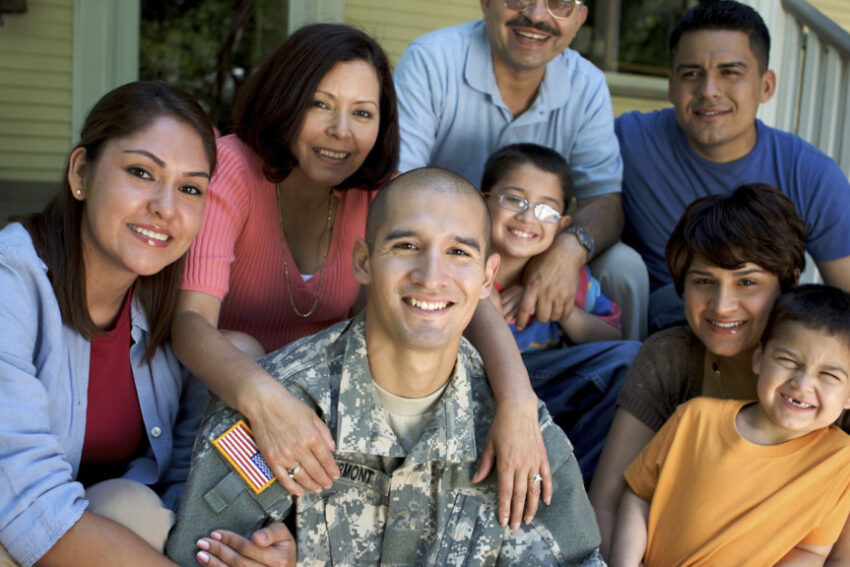Caregiving
Formal and informal caregiving is and will continue to be important to help all Texans remain active, vibrant parts of their community. We have a variety of materials and resources for child, adult and military family caregivers, including educational resources and in-person programming.
Related Departments: Nutrition

AgriLife Extension Military Program

Learn About
Caregiving
Programs
Courses
All Resources on Caregiving
- Course
Providing a broad overview of 4 main areas of child growth and development, this course offers practical tips on supporting children’s development. Key findings from brain research and its relevance to the care of young children is briefly explored, as well as the principles of Developmentally Appropriate Practice (DAP).
- Course
Creating healthy habits is a critical element of quality early childhood programs. This course reviews practices that promote oral health. It is aligned with Texas Healthy Building Blocks recognition criteria and was developed with support from the Texas Department of State Health Services.
- Course
Abusive head trauma is the leading cause of death in cases of child abuse in the United States. This 2-hour course will help you better understand the dangers of abusive head trauma and how to take steps to protect the children in your care from this type of abuse.
- Course
Infants’ experiences early in life literally influence the physical structures of the brain, opening the way for patterns of thought and behavior for the rest of a child’s life. This 1-hour course addresses critical topics related to caring for the youngest and most vulnerable population of children, infants and toddlers.
- Course
Learning centers provide early childhood classrooms the perfect environment for children to actively plan, try, pretend, and make new discoveries. Effective centers help children develop through play, by themselves and with peers. The purpose and process of how to develop, build and manage a center are discussed.
- Course
When educators partner with children’s families, children are empowered to learn and grow. Discuss the growing complexity of families. Gain specific strategies for building trusting relationships and creating collaborative partnerships with families to build a solid educational foundation for children.
- Course
Each workplace interaction is an opportunity to build respectful professional relationships with parents and co-workers. Explore the causes of communication conflicts ,how to resolve them, and effective communication strategies to use with parents and co-workers.
- Course
Creating healthy habits is a critical element of quality early childhood programs. This course reviews practices that promote outdoor play and learning. It is aligned with Texas Healthy Building Blocks recognition criteria and was developed with support from the Texas Department of State Health Services.
- Course
During play, children escape the constraints of reality where the usual meanings of objects can be ignored and new meanings substituted. Explore the definitions and theories important to the concept of play, appropriate play materials and how to support learning and play in early childhood classrooms.
- Course
Research indicates that the first three years of life are critical for physical, social-emotional, and intellectual development. You will learn about developmental patterns, the domains of development, practical strategies for encouraging optimal development, and how to recognize signs of potential developmental delays.